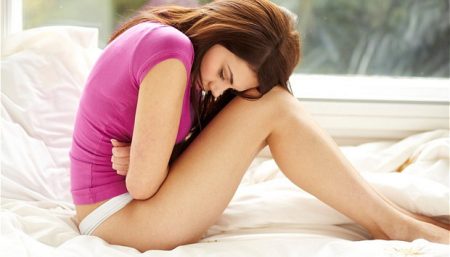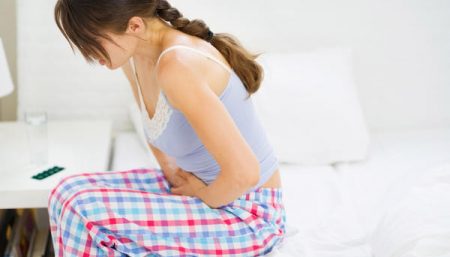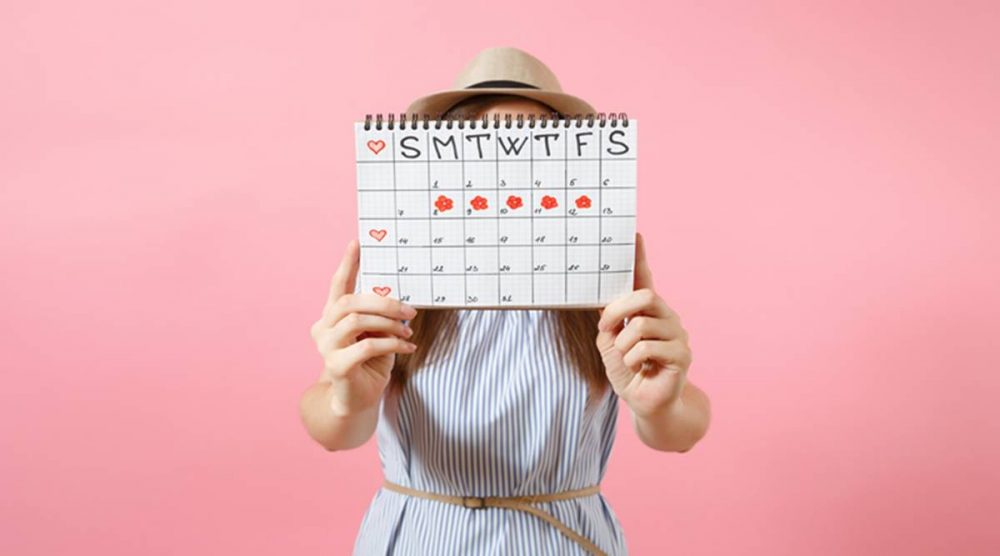
With May 28 celebrated as Menstrual Hygiene Day all over the world, the theme for 2019 is —It’s Time for Action— emphasizing the urgency of this public health issue, and highlighting the transformative power of improved menstrual hygiene to empower the world’s women and girls and unlock their economic and educational opportunities.
Women and men of all ages must be made aware of the importance of menstrual hygiene through an open dialogue and education at home and in school to foster engagement with this often-unspoken issue.
Tips to Help Women Maintain Menstrual Hygiene
Keep separate underwear for your period: If stained, wash it immediately and disinfect it. It is not hygienic to walk around in stained underwear. Keep an extra pair handy when you are going out, just in case you need it.
Change napkin every 4-5 hours: Menstrual blood, when released from the body, attracts various organisms which multiply in the warmth of the blood, causing irritation, rashes or urinary tract infections. Changing napkin or tampons regularly curb the chances.
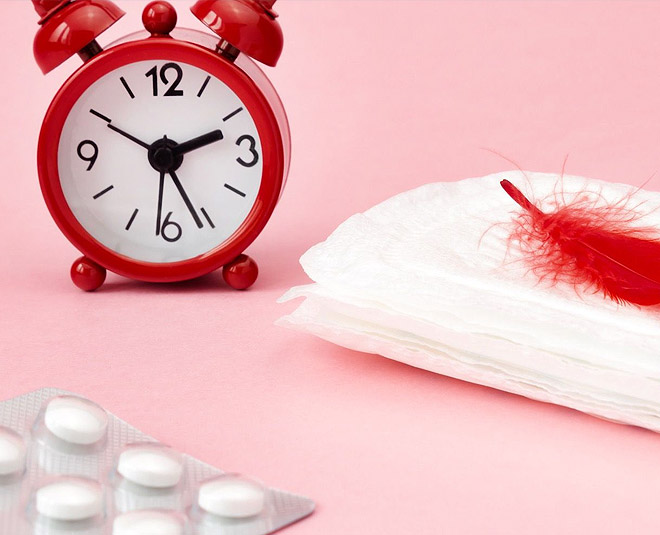
Wash every time you use the toilet: The outer skin of the vagina has folds which can cause blood accumulation that may lead to bad odour. Wash regularly. Washing the correct way is also important. Wash from vagina to anus not the other way around as it can lead to transmission of bacteria. Also, while using vaginal hygiene products every day is a good idea, using these products during menses can turn things around.
Discard sanitary napkins properly: Wrap sanitary napkins properly before discarding them, so the bacteria and infections do not spread. Don’t flush them since it will block the toilet causing the water to back up, spreading the bacteria all over it.
Use one method of sanitation: While some people pair up sanitary pads with cloth, tampons or another pad during periods, it is a bad idea. Changing regularly is a better option. Multiple pads/ cloth/ tampons can lead to rashes and infections.
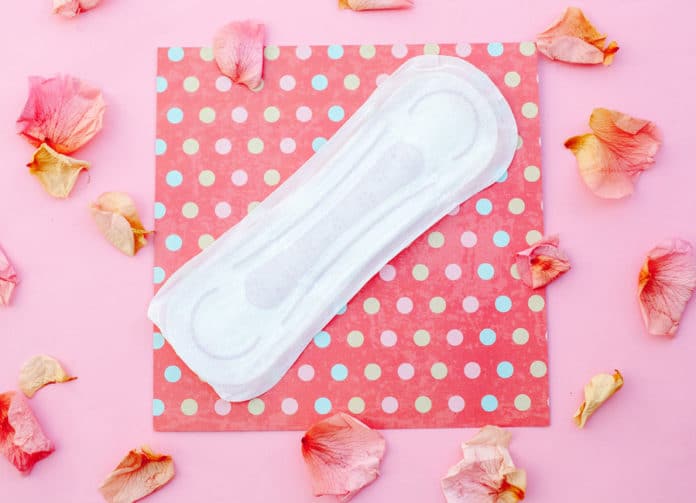
Do not shy away in sharing menstrual related health issues.
Disclaimer
The Content is not intended to be a substitute for professional medical advice, diagnosis, or treatment. Always seek the advice of your physician or other qualified health provider with any questions you may have regarding a medical condition.

